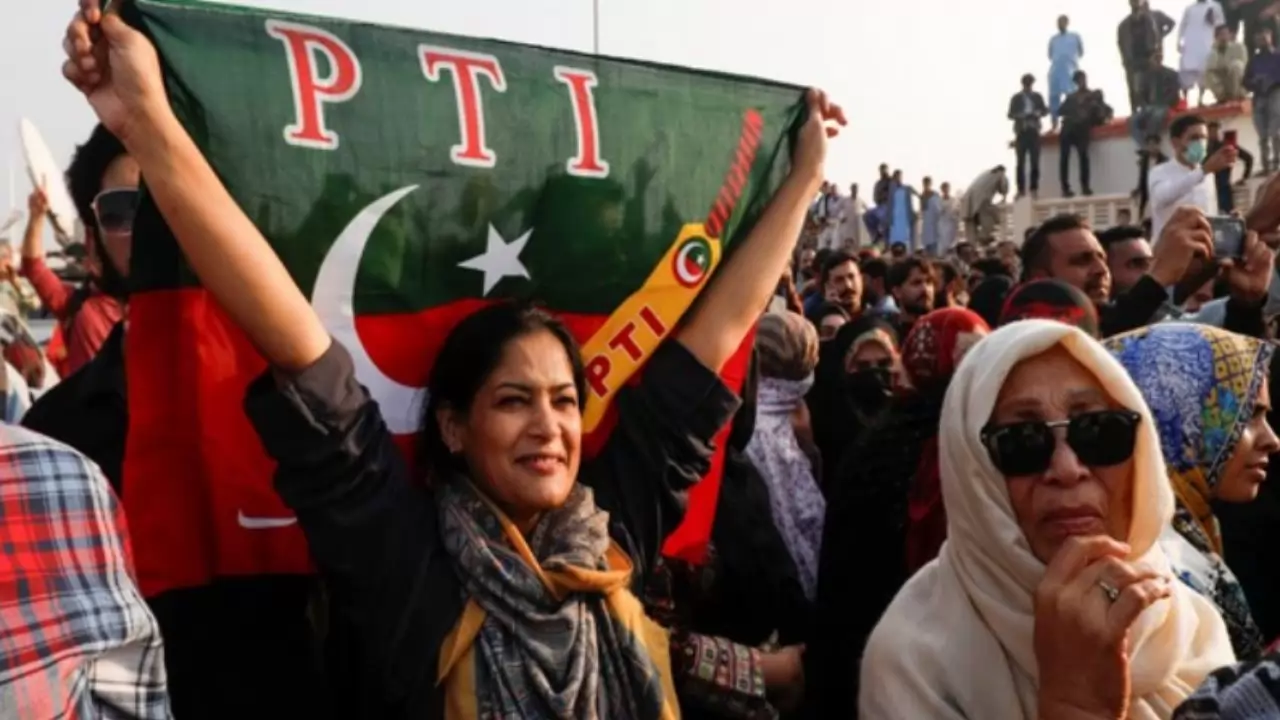
ANI
Pakistan's general election has ended inconclusively with no party winning a clear majority, plunging the country into uncertainty as economic and security challenges mount.
The polls, marred by violence and allegations of manipulation, saw gains for two bitter rival former prime ministers - Nawaz Sharif and Imran Khan - who both claimed victory.
But with Sharif's PML-N winning 75 seats and Khan's PTI taking 93, neither have enough for a majority in the 342-seat National Assembly.Pakistan's major parties now face complex negotiations to try and cobble together a ruling coalition.
Several scenarios are possible in the coming days as backroom deals are struck between uncomfortable bedfellows:
The PML-N could ally with the opposition PPP, led by the son of assassinated former PM Benazir Bhutto, which won 53 seats. The two parties shared power briefly in 2018.
Alternatively, Khan's PTI independents could join with smaller parties to get a majority. The PTI would likely have to compromise on its agenda and leadership to woo coalition partners.
The third option would see the PPP's Bilawal Bhutto Zardari, who has promoted his youth, head up a broad coalition. With both PML-N and PTI resisting this, the negotiating process could drag on.
No agreement can be reached, Pakistan's powerful military may feel compelled to step in, as it has done before, to fill the power vacuum. The army has already called for political stability amid economic hardship.
With pressing policy decisions needed, Pakistan is braced for a period of intense political horse-trading and uncertainty in the wake of its inconclusive election.





Copyright © 2026 Top Indian News
